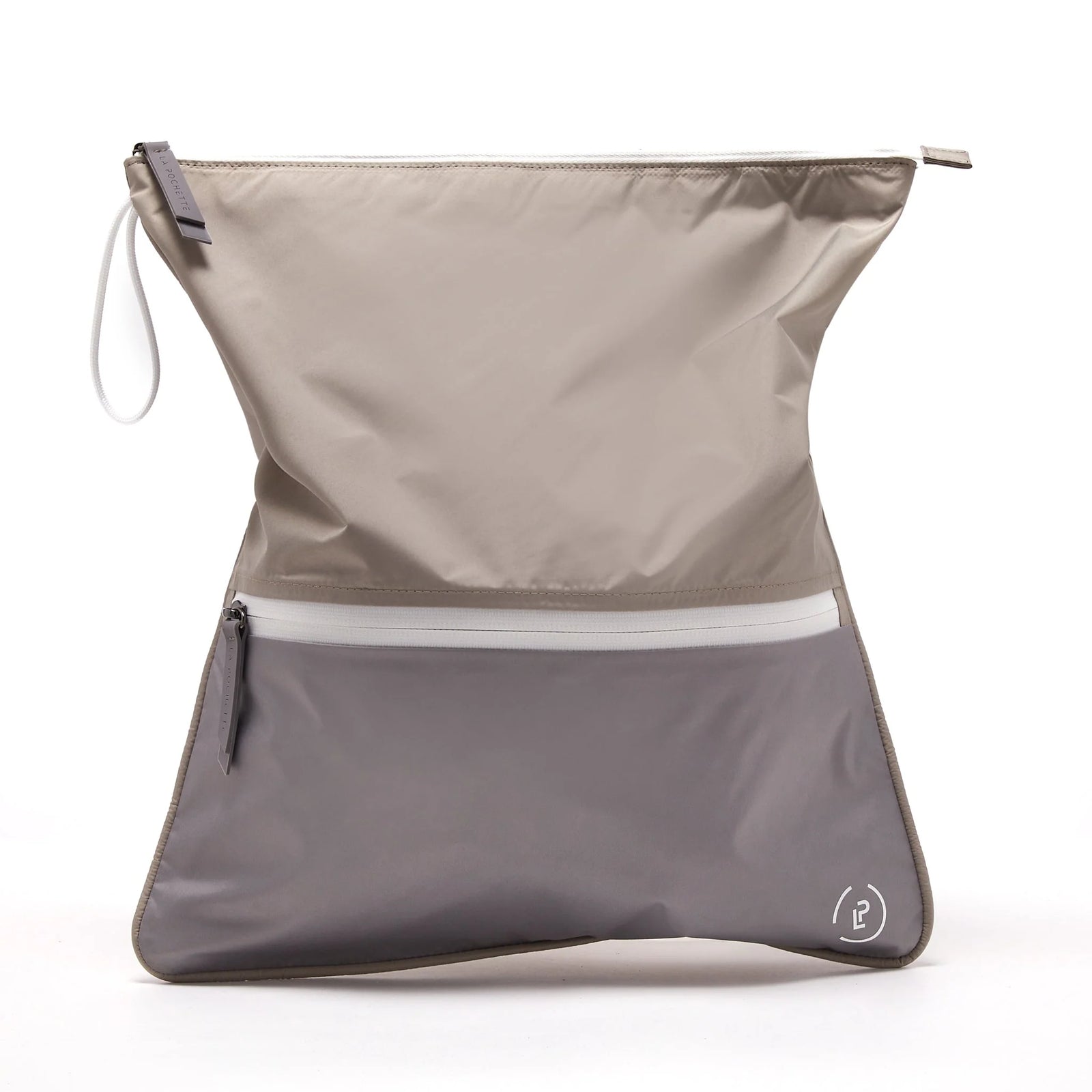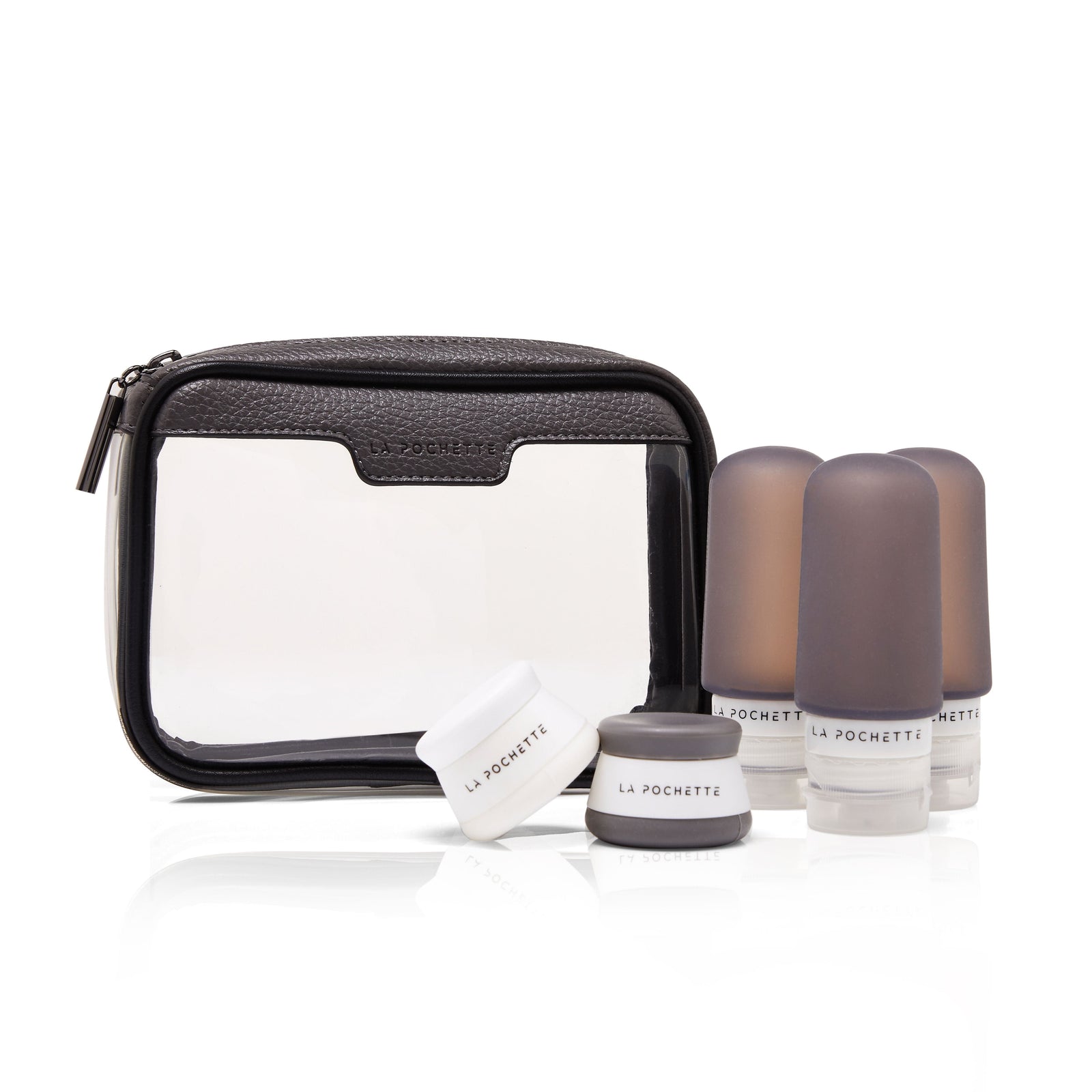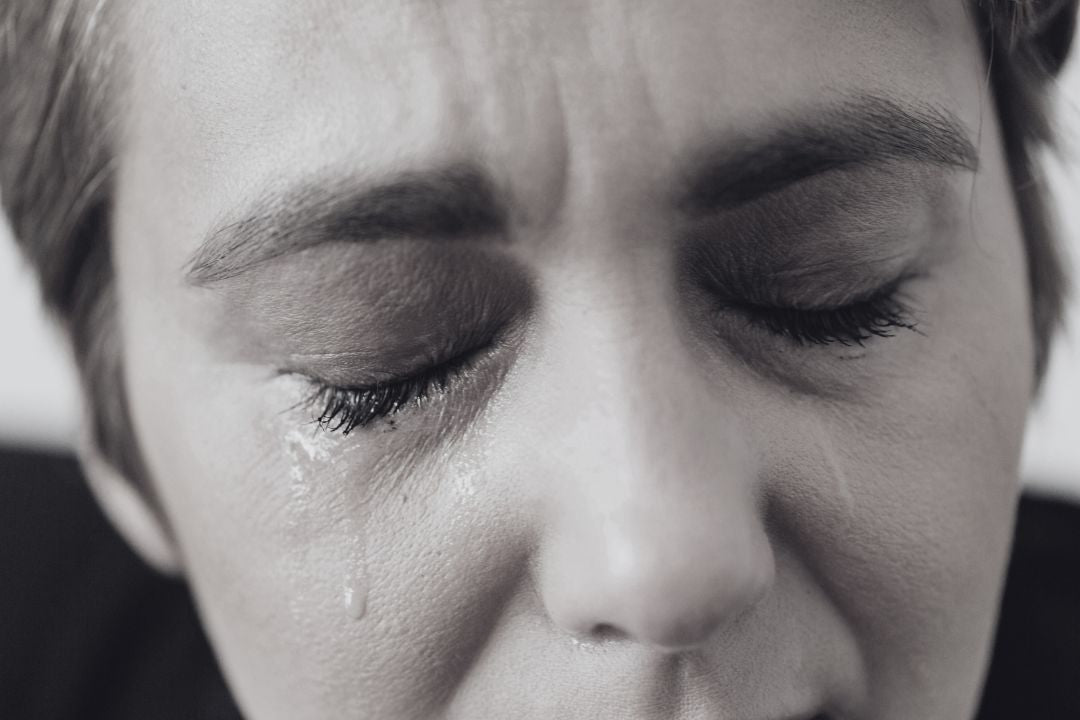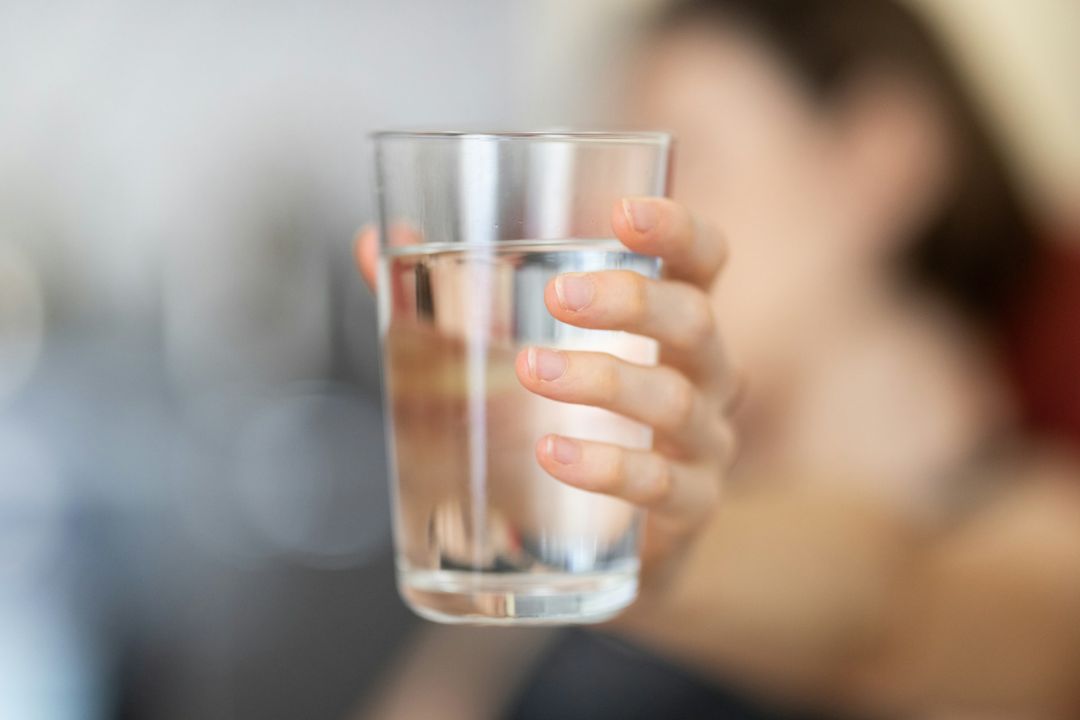We are aware of the impact an inactive lifestyle has on our physical health, many of us resolving to exercise more to combat rising rates of chronic diseases. Meanwhile, rates of anxiety related issues and depression are at their highest recorded levels with aspects of modern life such as social isolation, poor diet and indoor lifestyles pinpointed as likely contributing factors.
Our Western distinction between ‘mind’ and ‘body’ means that whilst we recognise the contribution of physical exercise has on general health, we still doubt its effectiveness for the maintenance of good mental health in the face of chronic conditions. Luckily for us, robust evidence is emerging to the contrary and its positive effects are numerous.
Improving your mood with exercise
Whether you prefer a high-octane Spin class, endurance running or strengthening at the Barre, the good news is that any physical activity triggers the brain chemicals that give you a burst of happiness and relaxation. Not only this, but the shared experience of working out with others provides the perfect antidote to antisocial modern living which can be detrimental to our sense of wellbeing.
Fitness can improve your concentration
Regular physical activity of any kind has the proven benefit of keeping mental skills sharp as we age. New research has shown that participating in activities which involve aerobic and muscle strengthening is particularly beneficial. Recommended advice says as little as 30 minutes exercise three to five times a week can provide these mental health benefits.
Reduce depression and stress with a workout
The physical processes undertaken by the body as we exercise distracts the mind from daily stresses, helping avoid the tendency to become overly bogged down with negative self-talk. In addition, exercise reduces the level of stress hormones within the body and stimulates production of endorphins which leave us feeling relaxed and optimistic.
Improving sleep habits
It is well understood that sleeping better improves mental outlook for the day ahead, lifting mood and improving mental function. The injection of any physical activity – not too near bedtime - from a brisk walk to a shouty Bootcamp can improve the quality of your sleep by helping you fall asleep faster as well as deepening your sleep.
Boosting self esteem
The sense of overcoming a challenge, improvement of body strength and group participation that regular exercise provides can help boost confidence and improve self-esteem. Sport provides a sense of mastery and control, often leading to a feeling of pride and self-confidence. With the renewed vigour and energy that comes from physical activity, you may be more likely to succeed in tasks off the playing field as well as on it.
For more information on how to look after your mental health through exercise, see this How-to guide here from the Mental Health Foundation, the host of Mental Health Week. The theme for 2019 is Body Image and explores how we think and feel about our bodies. Body image issues can affect all of us, at any age, and the foundation campaigns for understanding and open conversation on the issues to drive lasting change.













